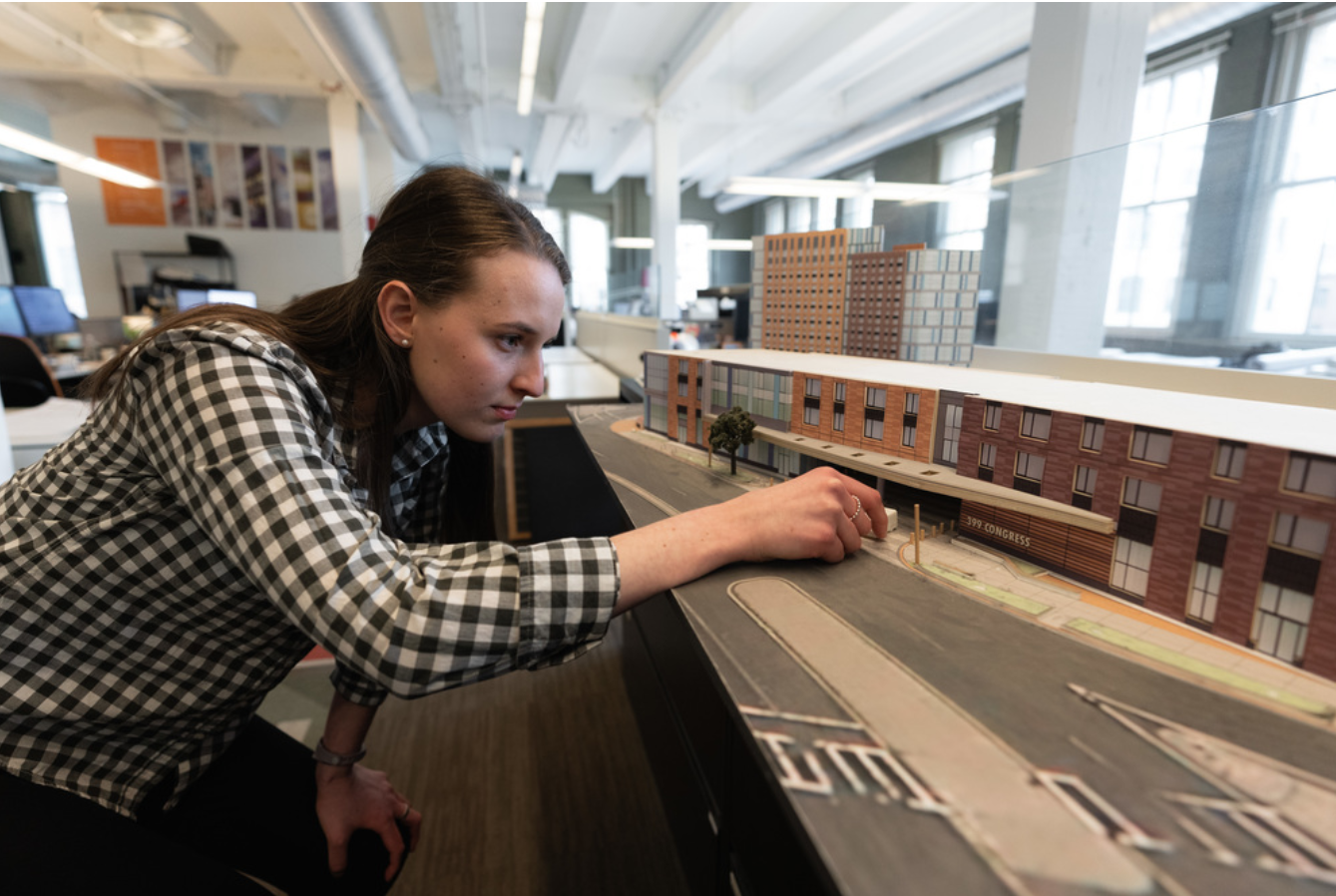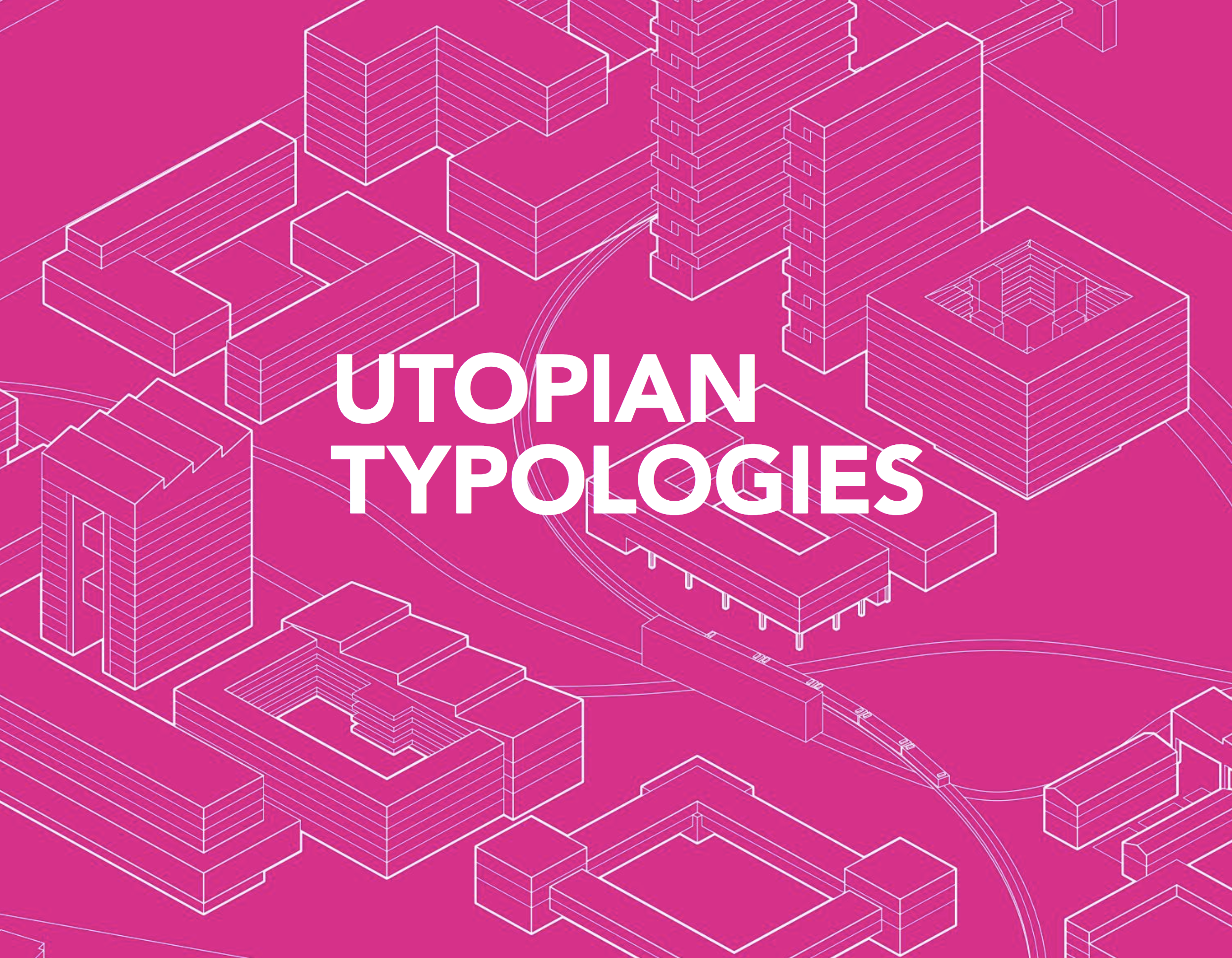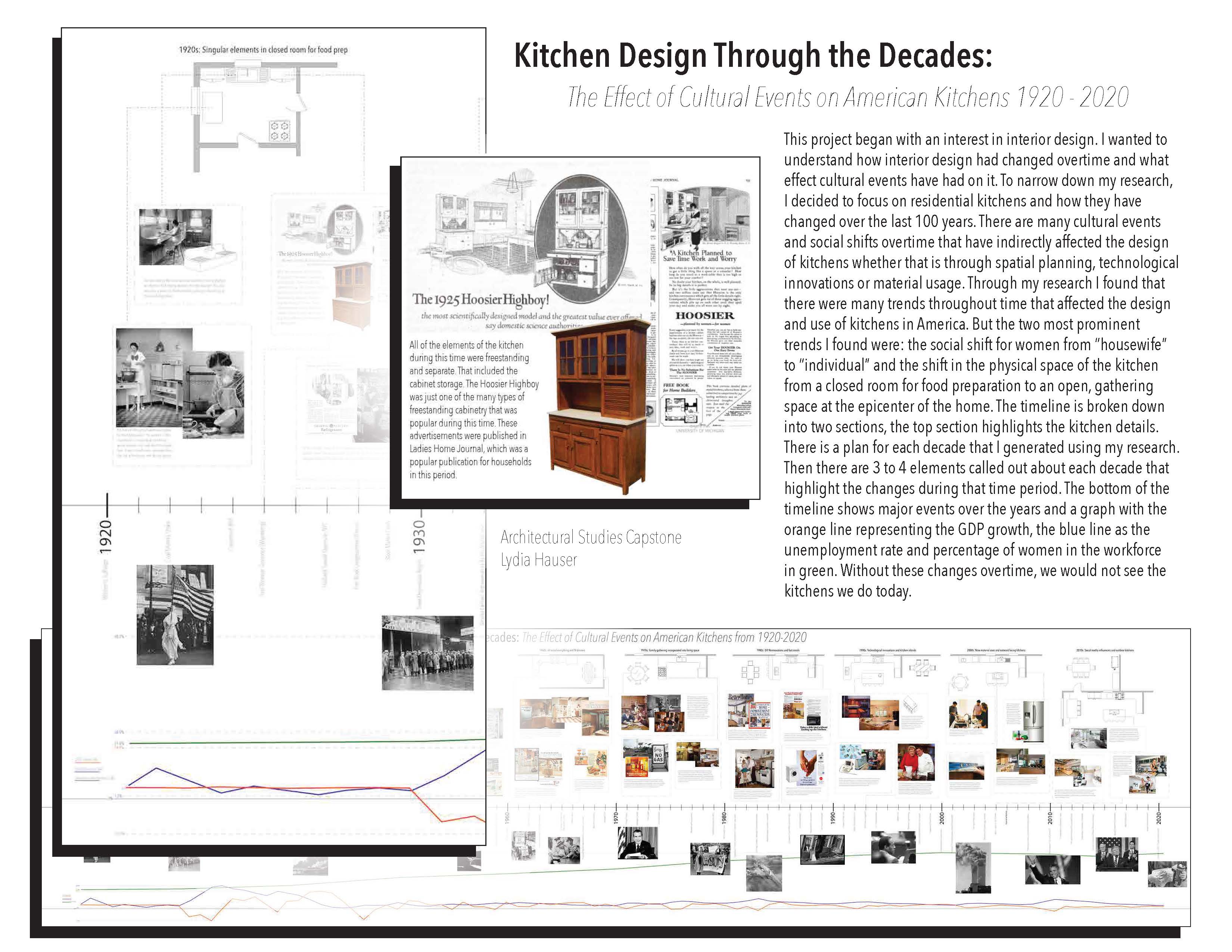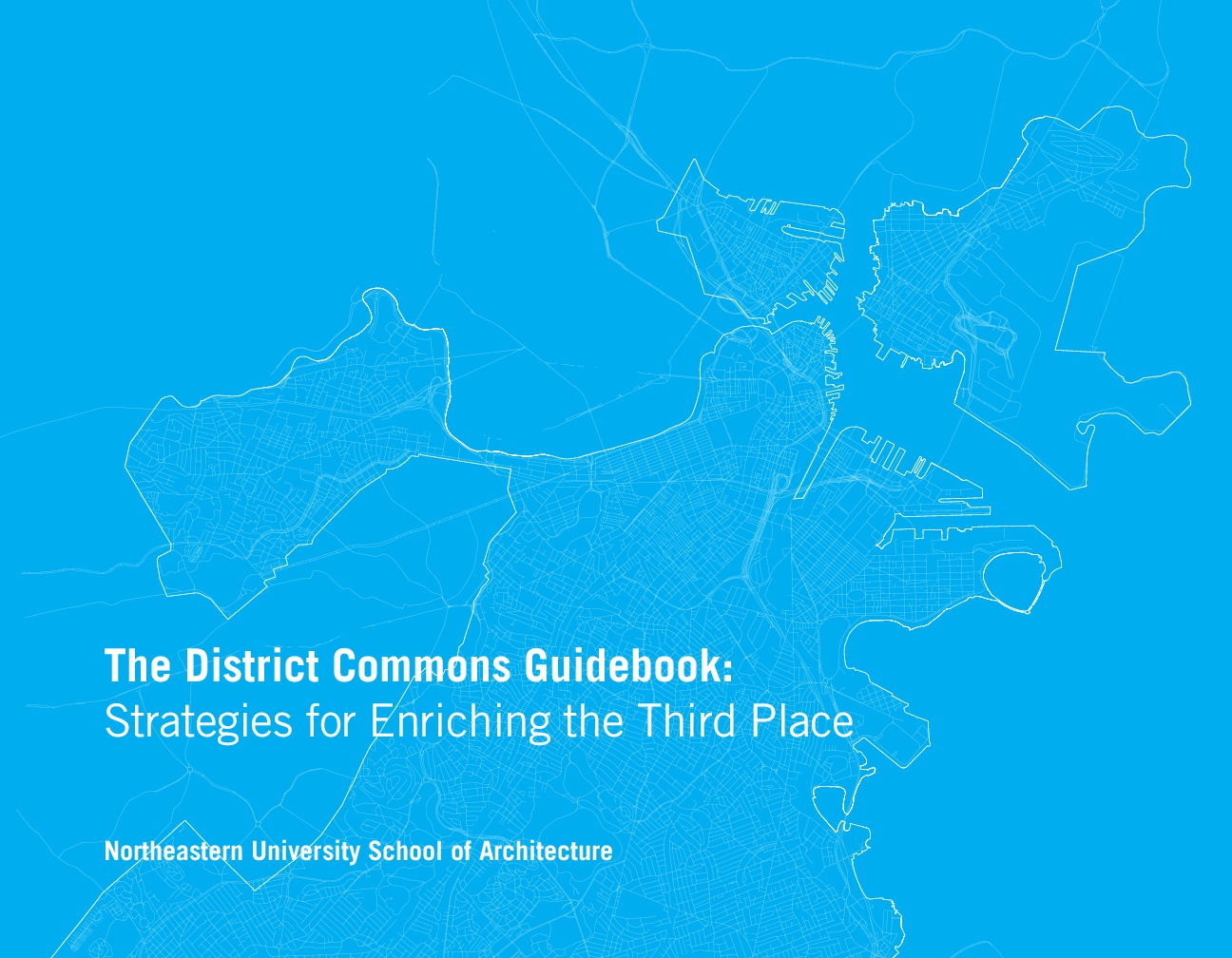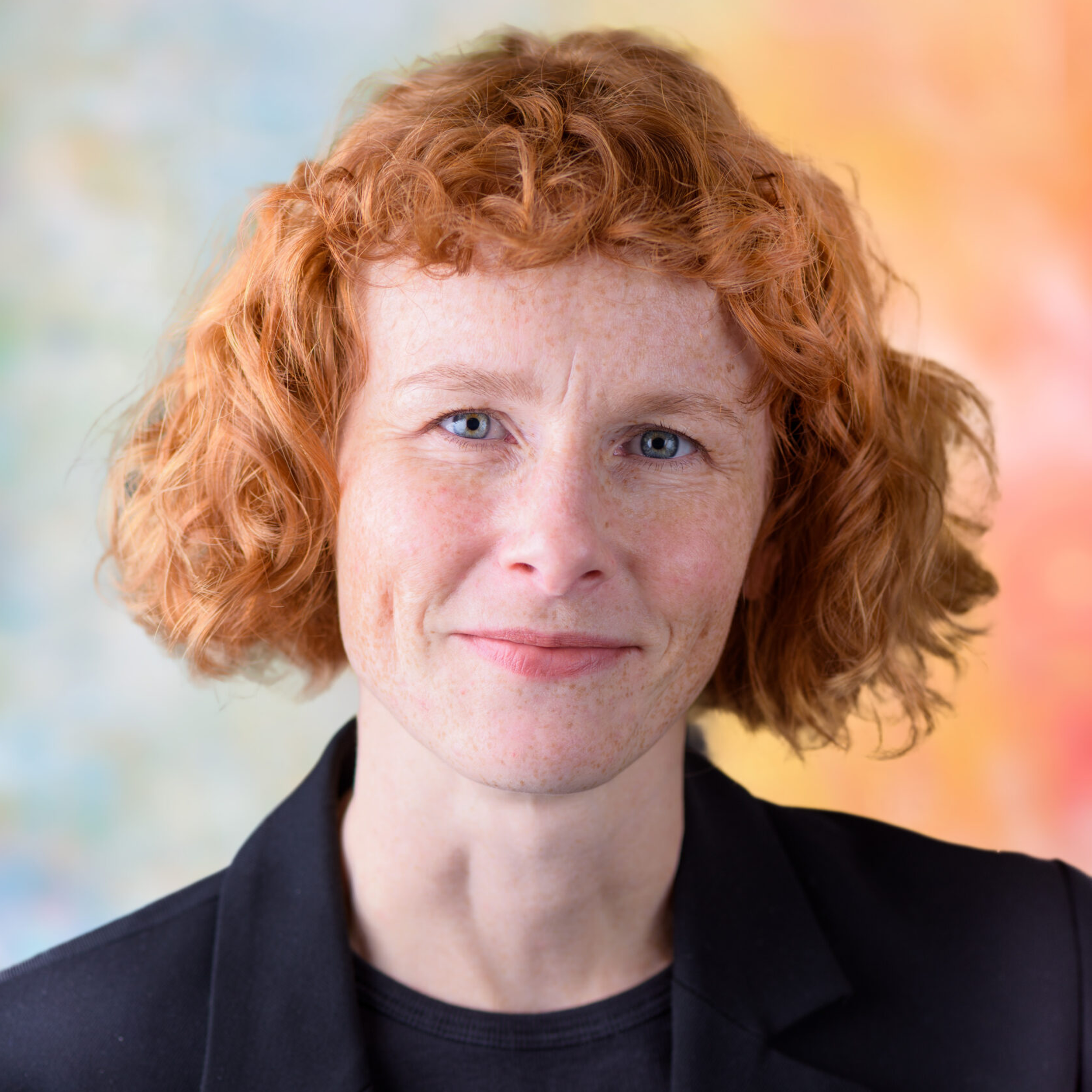The one-year Master of Design for Sustainable Urban Environments (MDes-SUEN) is open to students holding an accredited, first-professional degree in landscape architecture, architecture, planning, or urban design. The two-year program is open to all students.
The Master of Design for Sustainable Urban Environments (MDes-SUEN) combines the fields of environmental design, urban planning, urban ecology and landscape architecture. By bringing together technical and design-focused courses, the MDes program helps students understand the fields of landscape and urban design with a focus on ecological well-being and social justice – and there has never been a better time to do so. As today’s landscapes rapidly urbanize and industrialize, experts in green, just and healthy communities are increasingly in demand.
The program focuses on a number of key topics, including urban resiliency, environmental justice, and innovative approaches to public space design, and offers diverse opportunities for students to engage in related research. The City of Boston is the perfect backdrop for these fields of study and research, with its long history of global leadership in environmental design and urban redevelopment. Throughout their time at Northeastern, students have access to a number of educational, professional, recreational and cultural opportunities in the city and both inside and outside the university’s campus. The MDes program is executed through a variety of class formats. In addition to traditional courses covering subject matter such as visualization, urban planning policy and design implementation, students will also engage in fully immersive studio-based courses. These include advanced research studios, professional seminars and ecology and technology workshops.
Learning Outcomes
Students who graduate from Northeastern University with a degree in architecture, architectural studies or landscape architecture will be able to:
- Utilize design processes and two- and three-dimensional representation skills for deciphering, communicating, and shaping the built environment.
- Analyze the reciprocal influences among global socio-cultural and historical contexts, built environments, and the communities that inhabit them.
- Apply knowledge of design methods that ensure sustainability, resilience, health, safety, and welfare in the built environment.
- Acquire skills of communication and collaboration necessary for managing complex projects and working with diverse constituents.
- Demonstrate knowledge of fundamental constructions systems and how building technologies impact the built environment.
- Employ research methods to analyze and decipher complex environments.
- Identify the diverse range of professional practices and regulations applicable to designing the built environment.
- Understand the ethical responsibilities involved in designing the built environment.

